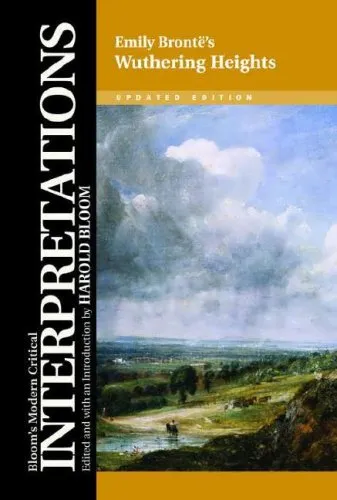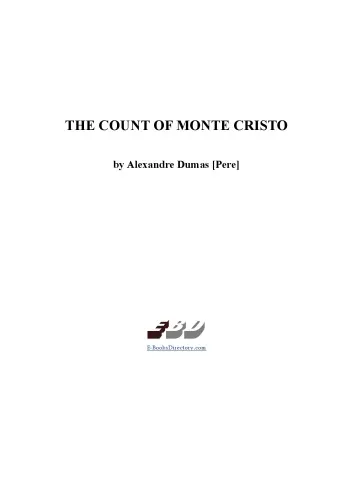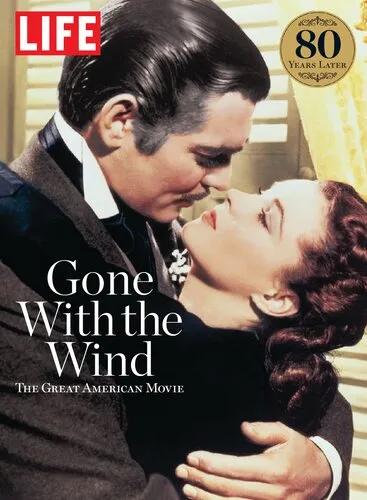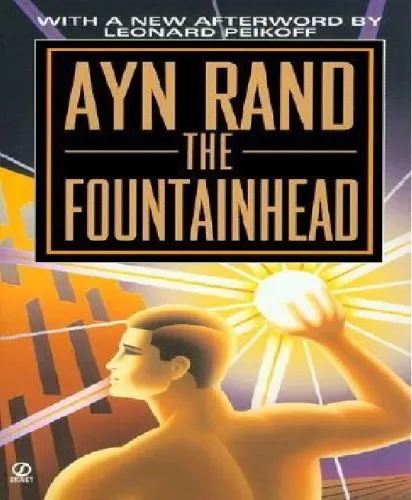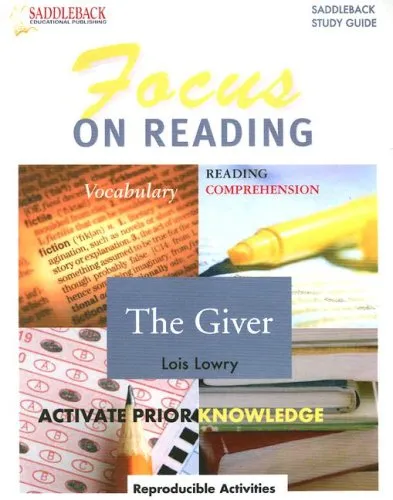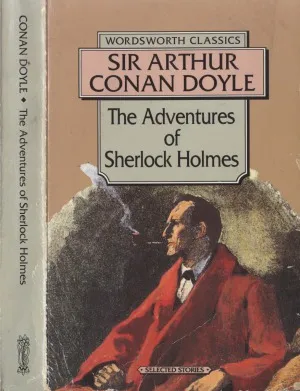Moby Dick
3.5
Reviews from our users

You Can Ask your questions from this book's AI after Login
Each download or ask from book AI costs 2 points. To earn more free points, please visit the Points Guide Page and complete some valuable actions.کتاب های مرتبط:
Introduction to Moby Dick
Published in 1851, "Moby Dick" is a seminal work of American literature by Herman Melville, renowned for its intricate narrative and thematic complexity. The novel is often considered a challenging read, yet its rich exploration of humanity, obsession, and nature renders it timeless.
Detailed Summary of the Book
"Moby Dick" follows the voyage of the whaling ship Pequod, captained by the enigmatic and vengeful Ahab. Narrated by Ishmael, a sailor aboard the ship, the story unfolds as a multifaceted exploration of man’s pursuit of the unattainable. Ahab’s obsession with hunting the titular white whale, Moby Dick, who previously maimed him by biting off his leg, serves as both a physical and symbolic quest.
The journey takes the crew through tumultuous waters, each chapter revealing more about the ship’s diverse cast of characters and the nature of their expedition. Ishmael, Queequeg, Starbuck, and others provide multifaceted perspectives on themes such as religion, fate, and the resistance against the natural world’s overwhelming forces. The narrative delves into cetology, providing rich descriptions of the whaling industry and the creatures they pursue.
The climax of the novel occurs after a lengthy pursuit, culminating in a dramatic confrontation with Moby Dick. Despite Ahab’s relentless determination, his vendetta leads to devastation, demonstrating the futility and destructiveness of monomaniacal obsession. The story concludes with Ishmael’s survival, ironically floating upon Queequeg’s coffin, serving as a harrowing testament to both the perils of Ahab’s quest and nature’s unforgiving power.
Key Takeaways
- The destructive nature of obsession and revenge.
- An in-depth look at the 19th-century whaling industry.
- Exploration of existential and philosophical themes.
- Diverse set of characters offering different worldviews and cultural insights.
- Reflections on man's place in the universe and the limits of human understanding.
Famous Quotes from the Book
"Call me Ishmael."
"From hell's heart I stab at thee; for hate's sake I spit my last breath at thee. Ye damned whale."
"It is not down on any map; true places never are."
"I know not all that may be coming, but be it what it will, I'll go to it laughing."
Why This Book Matters
"Moby Dick" is crucial for its contribution to literary history and its ongoing relevance in contemporary discussions about humanity. The novel’s depth allows readers to explore critical themes such as obsession, revenge, and mankind’s insignificance in the cosmos. Through Melville’s intricate prose and profound allegory, "Moby Dick" remains an essential study in complex character development and thematic exploration.
Moreover, Melville's depiction of the diverse crew aboard the Pequod offers valuable perspectives on race, culture, and the human experience. His work encourages reflection on how these intersect with human ambition and ecological hubris, making "Moby Dick" an indispensable text for understanding the modern human condition.
Free Direct Download
You Can Download this book after Login
Accessing books through legal platforms and public libraries not only supports the rights of authors and publishers but also contributes to the sustainability of reading culture. Before downloading, please take a moment to consider these options.
Find this book on other platforms:
WorldCat helps you find books in libraries worldwide.
See ratings, reviews, and discussions on Goodreads.
Find and buy rare or used books on AbeBooks.
1442
بازدید3.5
امتیاز0
نظر98%
رضایتReviews:
3.5
Based on 0 users review
Questions & Answers
Ask questions about this book or help others by answering
No questions yet. Be the first to ask!






